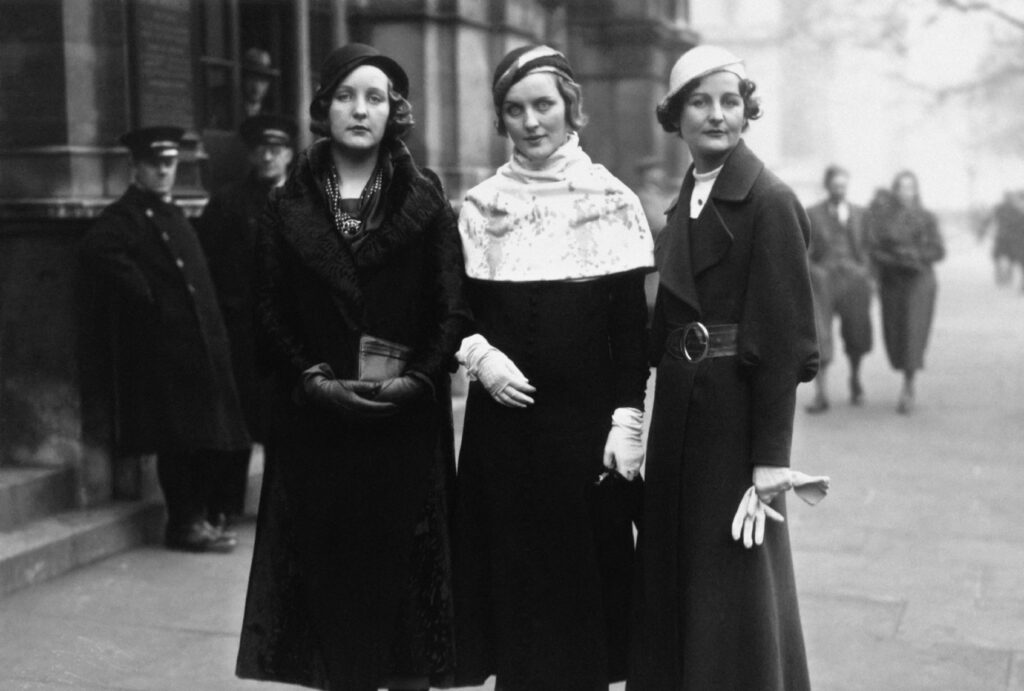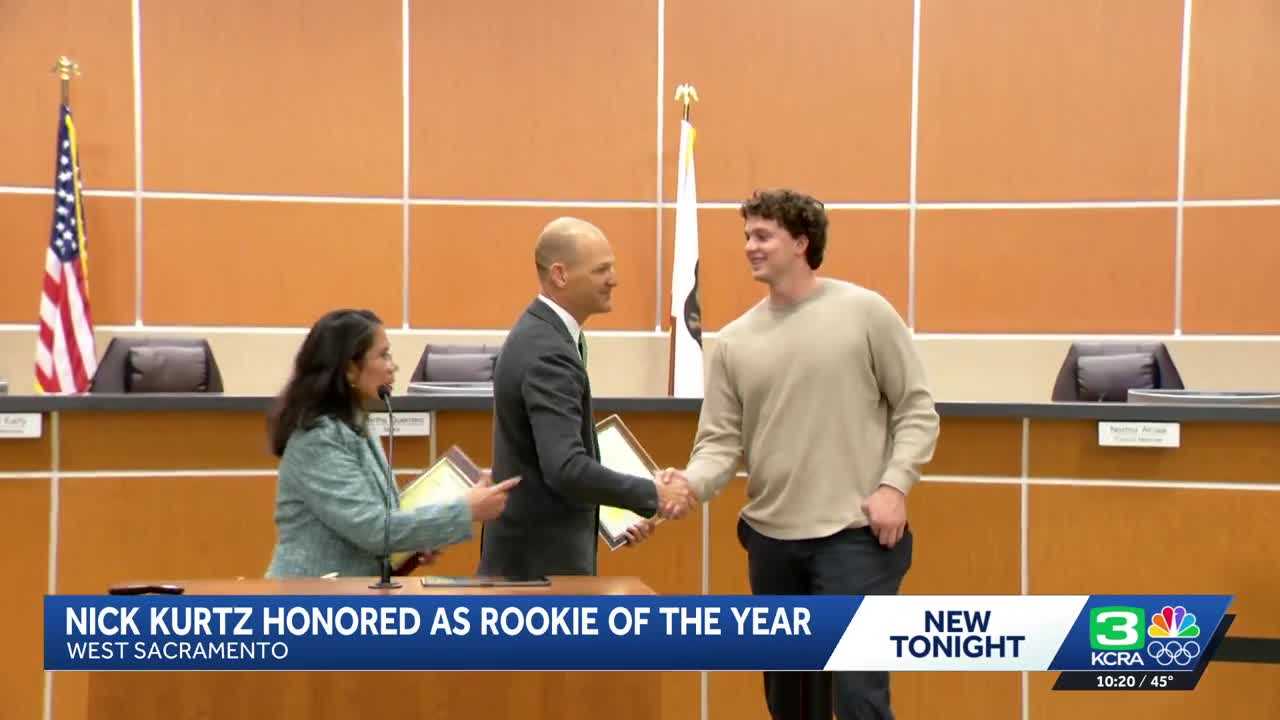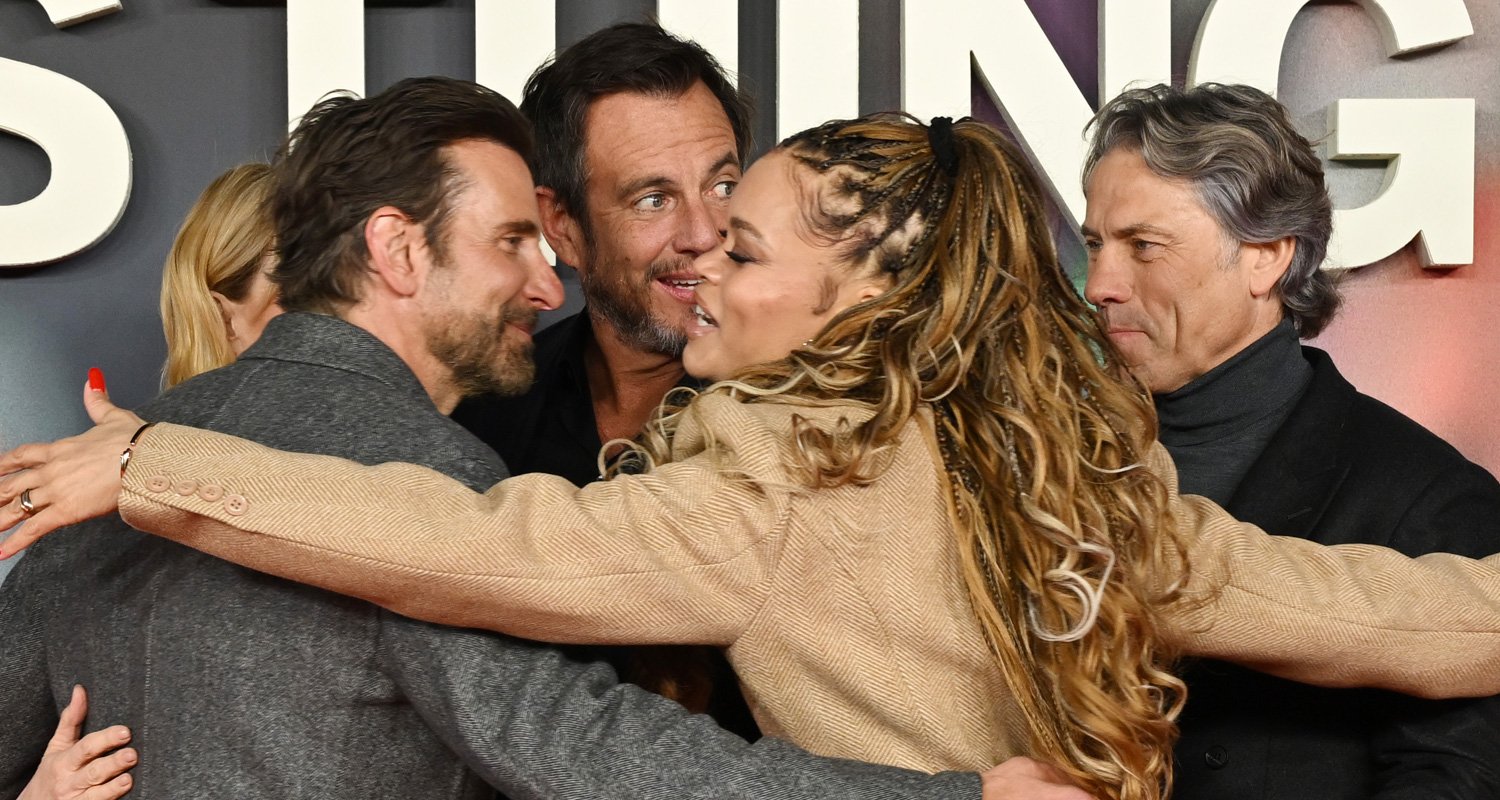
The recent release of the series “Outrageous” on the streaming platform BritBox has stirred controversy for its portrayal of the Mitford sisters, particularly in relation to their connections with fascism. Adapted from Mary S. Lovell’s book “The Sisters,” the six-episode drama explores the lives of the Mitford family during the pre-World War II era, highlighting both their lavish lifestyles and their political affiliations. Critics argue that the show presents a troubling glamorization of fascist figures, particularly focusing on sisters Diana and Unity Mitford, who were known for their overt support of fascism.
The Mitford sisters were daughters of a baron and grew up in a privileged environment in the United Kingdom during the interwar period. Their lives have long fascinated the public, drawing comparisons to modern celebrity families like the Kardashians. Over the years, numerous books and adaptations have chronicled their eccentricities and relationships with notable literary and political figures, such as Evelyn Waugh and John Betjeman.
As the series unfolds, it portrays the striking relationships and personalities of the sisters. Notably, Diana Mitford (played by Joanna Vanderham) leaves her husband for Oswald Mosley (Joshua Sasse), the leader of the British Union of Fascists. Unity Mitford (Shannon Watson), on the other hand, harbors an obsessive admiration for Adolf Hitler, even moving to Germany to be closer to him. Such depictions raise questions about the series’ intent and its handling of a dark chapter in history.
While the narrative includes other sisters, such as Nancy and Jessica, whose lives diverged from the fascist ideologies, the focus on Diana and Unity’s political affiliations has led to criticism. The presentation of their beliefs as mere eccentricities of a wealthy family lacks the necessary context regarding the historical consequences of fascism. This approach has been described as unsettling and potentially trivializing the serious nature of their political affiliations.
The series has drawn attention not just for its content but also for its timing. In a world where authoritarianism is again becoming a pressing concern, some commentators believe that romanticizing figures associated with such ideologies is inappropriate. As the United States navigates its own political climate, with rising tensions and divisive leadership, the optics of the series may resonate differently than intended.
Critics suggest that the light-hearted treatment of the Mitford sisters’ fascist ties, amidst lavish settings and witty dialogue, undermines the gravity of their actions. The portrayal of Oswald Mosley as charismatic, while downplaying his ideologies, raises ethical concerns about historical representation in media. The involvement of Matthew Mosley, Oswald’s great-grandson, as an executive producer has further fueled speculation about potential biases in the series.
Despite the criticisms, “Outrageous” can serve as an introduction for newcomers to the Mitford saga. However, the question remains whether it was necessary to air the series at this juncture, given the current global atmosphere. As the dialogue surrounding historical representation continues, the series underscores the complexity of balancing entertainment with responsible storytelling.
In conclusion, while “Outrageous” may captivate viewers with its depiction of the Mitford sisters’ lives, it also raises vital discussions about the implications of glamorizing figures linked to fascism. As audiences engage with the series, they are urged to consider the historical context and the responsibility of media in portraying such narratives.






